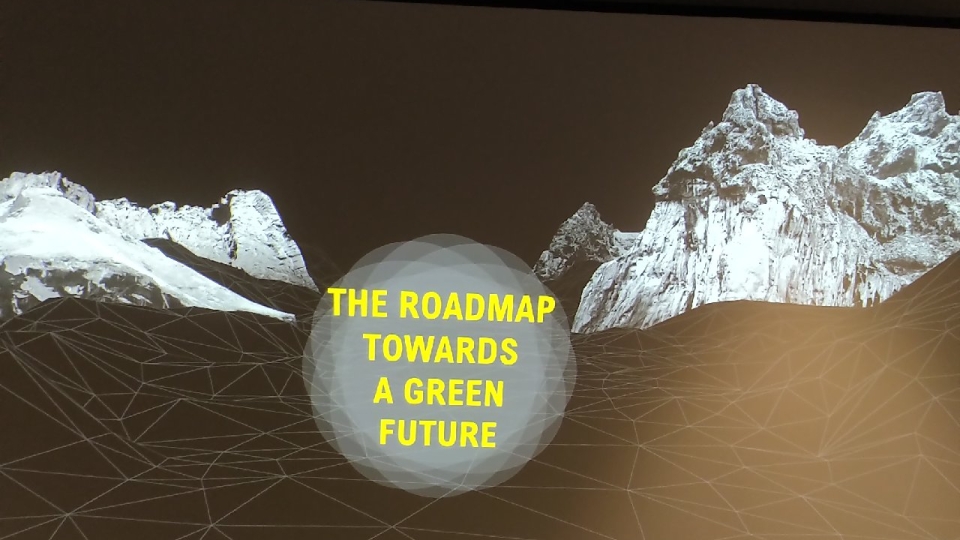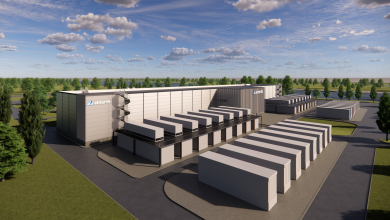
Environmental, social, and corporate governance (ESG) issues are now key in the cloud data centre services industry, IT Europa sees how they are being addressed in one growing European market.
As previously reported, we were the guests of the Data Centers by Iceland organisation last week, to see how that country’s colocation and cloud services market was shaping up, as more businesses internationally stored, secured and managed their data in the cloud.
As far as ESG is concerened - speaking at the annual Datacenter Forum Reykjavík - Lars Lindegaard, sales director for IBM Infrastructure, told delegates: “The most commonly asked question from our graduate trainees is ‘what is being done around sustainability’.”
Þóra Rut Jónsdóttir, director of sustainability at Advania Iceland, which is part of the Nordics and UK managed service provider, added: “We are setting science-based sustainability targets, and they need to be across the organisation as a whole.
“With ESG, we work across the group, covering the Nordics and the UK, using a team of staff representing the entire business.”
As well being an MSP, Advania is also a reseller of IT hardware, and Jónsdóttir acknowledged that plenty of carbon emissions came from making and using this kit. “We have to look at this too,” she said.
On getting more woman into IT, Iceland data centre firm atNorth, said women only represented 10% of its workforce two years ago, but that figure had now reached 30%.
On a visit to atNorth’s Akureyri data centre in the north of Iceland, which is being expanded, we heard it runs on renewable energy resources and supports circular economy principles, like its other locations. atNorth operates seven data centres across the Nordics, with an eighth site to open in Helsinki, Finland, in Q3 2024, and a ninth site to open in Denmark in Q4 2024.
We later visited the Borealis Data Center in Blönduós, which is powered by the Blanda hydropower station. Iceland has an abundance of volcanic geothermal power and hydro power, but data centres don’t use massive amounts of the country’s power we were told. As an industry, data centres are said to be using 6% of national energy capacity, as opposed to the 70% gobbled up by the country’s well-established aluminium industry.
Therefore, Iceland’s data centres aren’t currently facing the same levels of opposition on environmental grounds as seen in other countries, like Ireland and the Netherlands, for instance.
We also visited the Hellisheiði geothermal power plant run by ON Power. ON Power is the largest geothermal energy company in Iceland, operating two geothermal power plants located close to Reykjavík, that produce both electricity and hot water for district heating. It also runs a geothermal business park, located only 500 metres from the Hellisheiði plant.
On the final leg of the tour, we met Farice, the company that built the new €50m IRIS submarine cable between Iceland and Dublin, which we reported on earlier this week.
Farice is a state-owned company that provides international data services to service providers and data centres on a wholesale basis. The Iceland government took the decision to pay for the Ireland cable, Farice’s third subsea cable in Northern Europe, as it was seen as an improvement on Iceland’s critical national infrastructure.
The investment is also starting to bear fruit commercially, as the country’s data centre firms are now using IRIS to improve their data connectivity offer to international companies looking for alternative colocation and data processing sites, away from the likes of Ireland, the UK, France, the Netherlands, Germany and Scandinavia.


